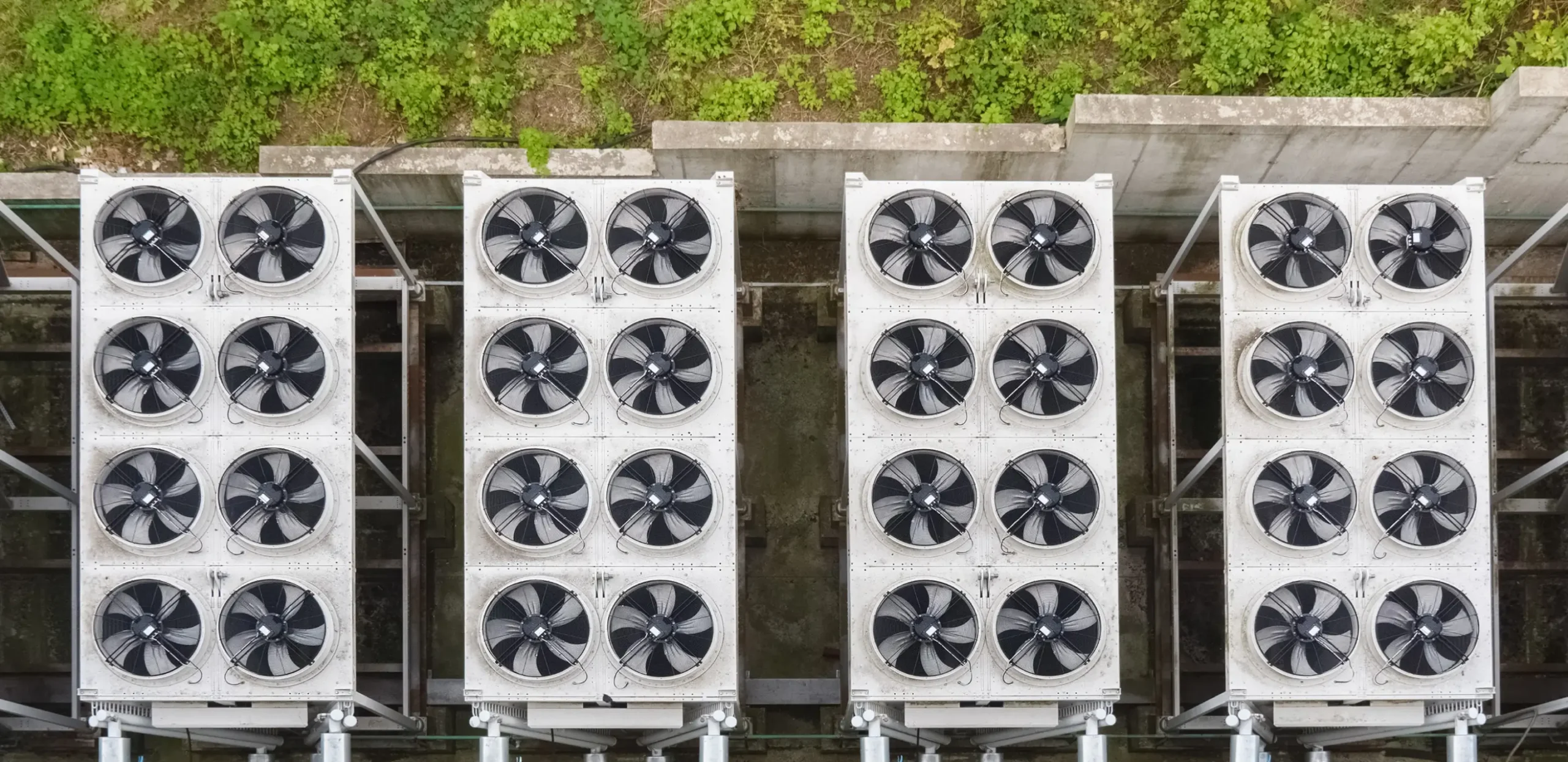Make Enquiry

Industrial Plants
District Heating or Cooling
District heating and cooling (DHC) systems will play an increasing crucial role in addressing climate change especially when combined with renewable energy or waste heat sources from industrial processes helping to build a low carbon future. DHC systems operate on tight margins therefore system efficiency, reliability and long life are key to the overall system viability.
Our Expertise
01
Low Thermal Conductivity
Maintaining thermal efficiency and reducing losses in the system require extensive insulation within the network. FPI GRE-RTR products have an inherently low thermal conductivity coefficient compared to steel. Therefore FPI GRE-RTR products are naturally insulating which contributes to the overall system performance.
Corrosion Resistance
DHC systems are subjected to various of corrosion mechanisms. These can range from internal corrosion due to oxygen ingress or water quality both requiring additional water treatment through to the principal failure mode which is external corrosion due to water ingress through the external insulation.
Low Carbon Footprint
Sustainability is at the heart of FPI’s built environment product ranges. FPI’s built environment products all offer exceptional carbon footprint reduction benefits when compared to traditional materials thereby helping client realise their sustainability goals.

